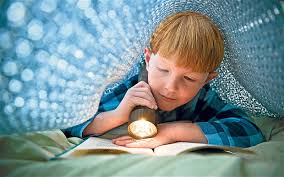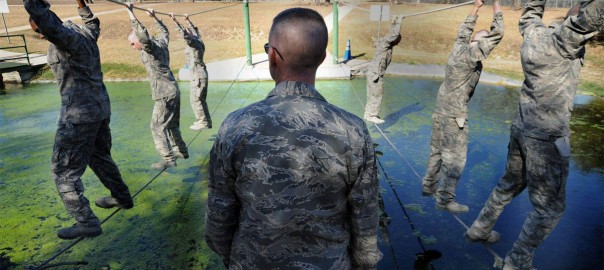Therapeutic boarding schools and treatment centers can be life savers.
Therapeutic boarding schools and residential treatment centers are programs designed to help troubled children and teenagers with their personal struggles. Anything from drug abuse to brushes with the law, these designated therapeutic facilities are divided by age and grade level. Each school offers their own unique approach on “character building” and therapy. If you’re considering sending your child over to one of these centers, then it’s important that you take the necessary steps to figure out which type of program is right for your child.
Therapeutic Programs
Depending on what type of behavior your child has been exhibiting, it’s important that you figure out the sole cause of what he or she is conflicted with. For example, if you notice your child is skipping out on meals and is purposely not eating due to displeasure with his or her own body type, there are eating disorder assistance programs that help get them back on track to a healthy and consistent lifestyle. Programs for troubled youth are some of the more common types of programs, due to the large quantity of children misbehaving and putting themselves in bad positions.
Specialty Schools
Specialty programs have been developed for individuals that suffer from a mental impairment that doesn’t allow them to control their behavior. These programs were designed to stay away from administering medications and instead focus on a more natural approach with specially-designed activities. With the proper guidance and leadership that these programs take pride in, your child will be in good hands.
Wood Creek Academy is a therapeutic boarding school for boys offering wilderness therapy programs unlike a typical boot camp for teenagers.



